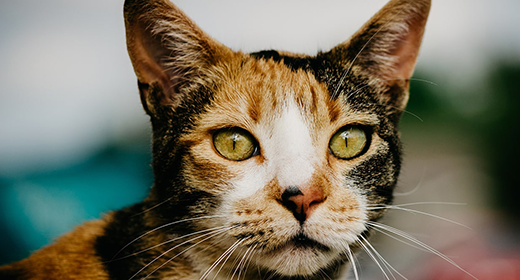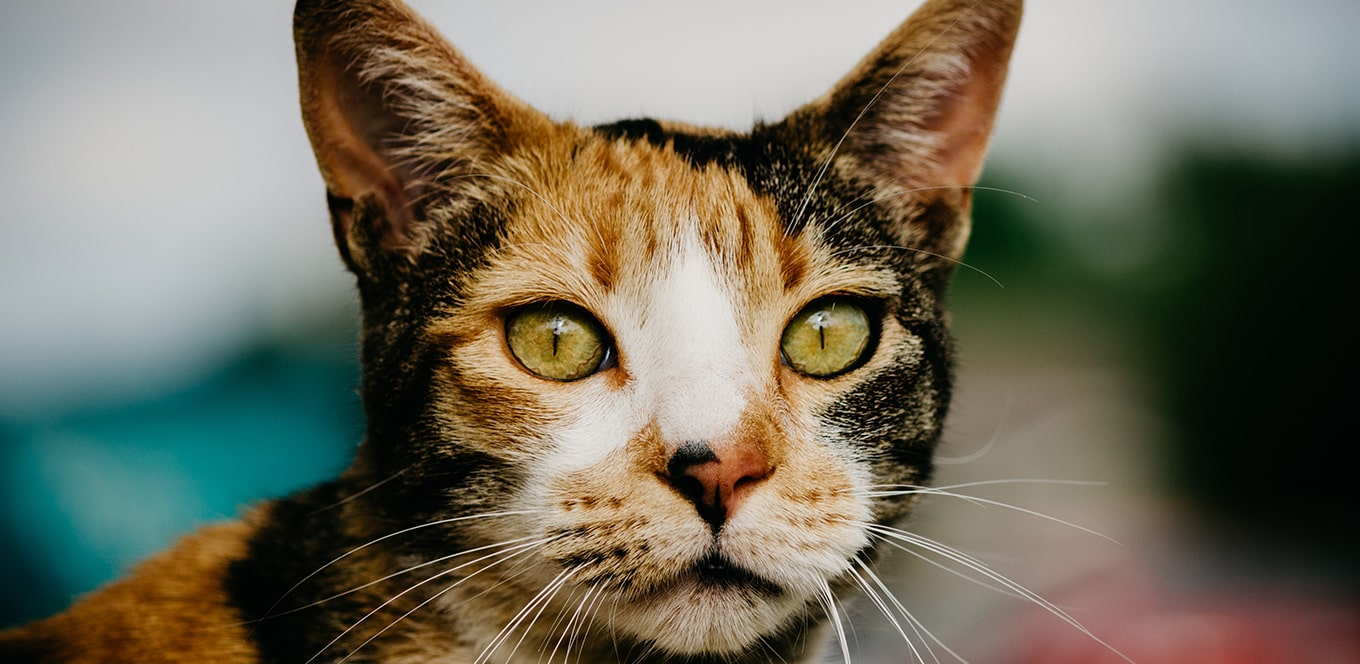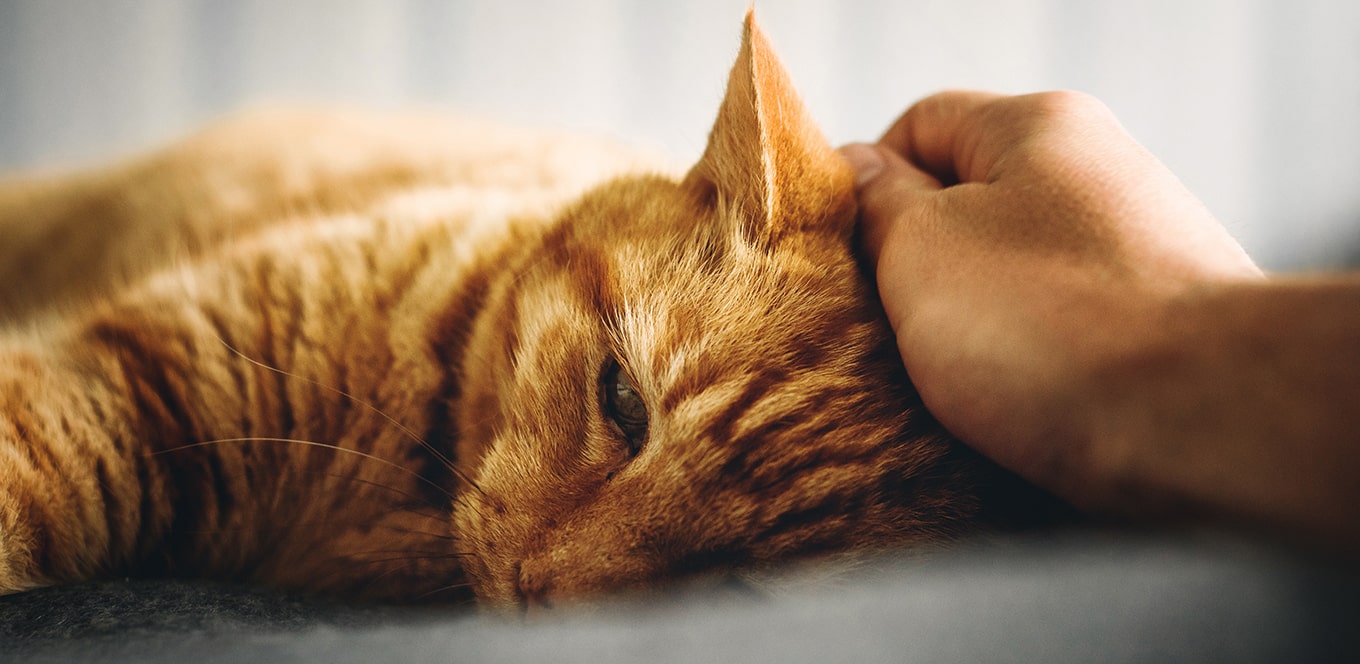

The average cat’s lifespan is around 15 years. While a cat’s lifespan indoors can range from 12 to 18 years, some pet cats even live for up to 20 years. Outdoor cats lead significantly riskier lives as they are more prone to accidents and being attacked by other outdoor animals. Moreover, they often cannot receive medical attention in cases of ailments or injuries. This leads to them have a shorter life expectancy in comparison to their indoor counterparts.
As a pet parent, you would want your fur baby to live a long and healthy life. It’s common sense that feeding your cat a high-quality diet has its benefits. But when it comes to maximizing your cat’s lifespan, diet is only part of the equation. Read up on everything you need to do to ensure your cat lives happily for a long time to come.
A cat’s age span is divided into six stages. To understand how you can maximise your cat’s life expectancy, it is necessary to understand these life stages.
From birth till 6 months, the cats are in their earliest years and are called ‘kittens’. They undergo quick development during this time and require a lot of nutrients.
From 6 months to 2 years of age, cats are considered ‘juniors’. During this time, they reach sexual maturity and develop a personality. When your cat is about a year old, they can be switched from kitten food to adult cat food.
Between the age of 3 to 6 years, cats are considered to have reached their ‘prime’ age. They will be in their best physical condition during this time. However, do make sure that you still take your cat to the vet for regular check-ups.
Cats are considered to be in their ‘mature’ life stage between 7 to 10 years of age. During this time, they might become less active. This might even cause them to put on some extra weight, so you may have to make changes to their diet. You may also have to add some extra vitamins to meals to improve immunity. This will be an important step in maximizing cat life expectancy.
Between 11 to 14 years of age, cats are considered seniors and are at a higher risk of catching an illness. Ensure that you make regular visits to the vet and consult them frequently to ensure that your fur baby is not missing out on nutrition.
At the age of 15 years or higher, cats are at the ‘geriatric’ life stage. During this time, they may remain mostly inactive and need more attention.
Here is a brief guide to explain what the average age of cats is in human years:
When a cat turns 2 years of age, it is considered equivalent to a human turning 24 years old.
After a cat turns 2, each following year in their life amounts to 4 human years. So, when a cat is 3 years old, it amounts to 28 human years; when 4 years old, it amounts to 32 human years, and so on.
Knowing what affects your pet’s lifespan can help you take the right steps to prolong longevity.
Let’s start with something you do every day: feed your cat. There are several healthy options to choose from, so we’ll help you zero in on the formula that’s best for your cat. It’s important to note that cats are natural carnivores. Therefore, a formula with meat as the primary ingredient is a great place to start. Meat as a protein source has certain nutrients, such as taurine, that non-meat protein sources simply do not. Also, along with a proper diet, ensure your cat stays hydrated.
Regular visits to the veterinarian can help nip health issues in the bud. For instance, a vet will be able to tell if your cat is gaining too much weight and can recommend a diet and fitness program to get your kitty back to a healthy size.
You may even want to bring a fresh faecal sample along to your next appointment. Your vet can use this sample to search for ringworms. This tip can save you extra trips to the vet’s office in case your cat does not cooperate, so to speak, during their appointment.
Also, vets provide your cat with the vaccinations they need to fight off diseases such as feline rabies. Some vaccinations are required annually, while others should be administered every three years. Your vet’s office can help you keep track of it all, so remember to schedule that appointment!
Your cat relies on you for more than just healthy food and fresh water. They need stimulation. Sure, cats love their independence, but let’s be honest, they love getting attention. By playing with your cat for even 10 to 15 minutes a day, you are doing wonders for their lifespan. Some great games to play don’t even require fancy toys. Get a piece of string and tie it around a clean sock, then yank the string whenever your cat comes in close to investigate. Voila! Instant fun!
Cats don’t go on runs as dogs do, so keeping your cat active with games and toys is the best way to help keep them fit. About 30 minutes of exercise or playing in a day is enough to have a significantly positive impact on maximizing your cat’s lifespan.
If your pet’s teeth are left unclean, they can develop plaque and tartar which can cause severe problems like pain, tooth loss, or kidney ailments. So, ensure that you take your cat for regular dental check-ups.
Follow these tips and your cat will be on her way to a long and happy life with you. You’re a great owner for taking the time to read this article. It shows how much you really care about her. Now step away from the computer and show your cat some attention!


Antioxidants are good for your cat because they play a key role in minimizing damage to cells, including cells of the immune system.
These important, naturally occurring nutrients help maintain health by slowing the destructive oxidative process of cellular molecules. They also can be important in supporting immune responses and vaccine recognition in cats. This may be especially critical for kittens that are being vaccinated while their immune system is still developing.
Additionally, antioxidants can reverse decreases in immune-cell function for senior cats, increasing them back to healthy adult levels.
Antioxidants are nutrients found naturally in the body and in plants such as fruits and vegetables. Common antioxidants include vitamin C, vitamin E and certain compounds called carotenoids (including lutein and beta-carotene). A blend of several antioxidants in moderate amounts may be more effective than high levels of one antioxidant.
As cells function normally in the body, they produce damaged molecules called free radicals. These free radicals are highly unstable and steal components from other cellular molecules, such as fat, protein or DNA, thereby spreading the damage.
This damage continues in a chain reaction, and entire cells soon become damaged and die in a process called peroxidation. Peroxidation is useful because it helps the body destroy cells that have outlived their usefulness and kills germs and parasites. However, when left unchecked, peroxidation also destroys or damages healthy cells.
Antioxidants help prevent widespread cellular destruction by willingly donating components to stabilize free radicals. More importantly, antioxidants return to the surface of the cell to stabilize rather than damage other cellular components.
When there are not enough antioxidants to hold peroxidation in check, free radicals begin damaging healthy cells, which can lead to problems. For example, free radical damage to immune cells can lead to an increased risk of infection.
Because antioxidants play a key role in minimizing damage to cells, such as those that make up the immune system, recent research examined the benefits of certain antioxidants on the immune response of cats. The results of these studies indicated that antioxidants are important in helping cats maintain a healthy immune system.
The research also showed that each antioxidant benefits the immune system uniquely, so one antioxidant at high levels is not as effective as a group of antioxidants acting together.
| Antioxidant | Source | Function |
|---|---|---|
| Vitamin E | Plant oil extract, tocopherols | Optimizes immune system’s T-cell activation |
| Beta-carotene | Vitamin premix, corn meal, chicken by-product meal and chicken fat | Optimizes types of cells present in the blood, increases antibody levels in the blood and optimizes vaccine recognition |
Recent research also examined the effect of aging on immune responses. The findings indicate that as cats age, immune cell responses may decline. Including antioxidants in your cat’s diet can help reverse the age-related decrease in immune cell function, returning it to healthy adult levels.

